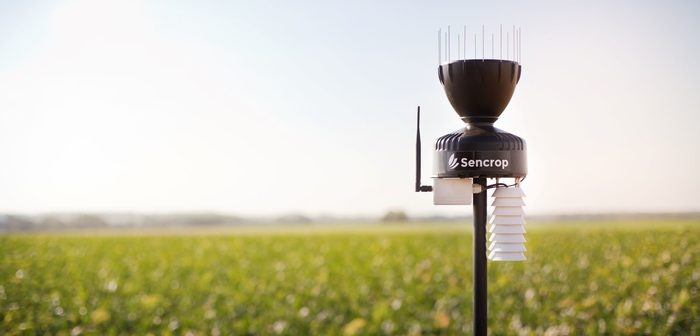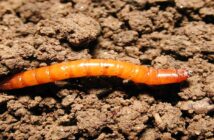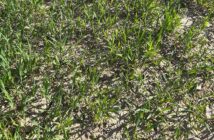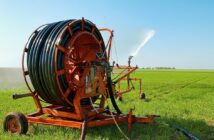Sencrop has worked with the British Beet Research Organisation (BBRO) to develop an agronomic indicator for Cercospora in sugar beet which is now being widely used.
Following a year of high levels of Cercospora infection in 2020, British Sugar funded an extensive network of weather stations in sugar beet growing areas. These included 40 Sencrop Raincrop connected rain gauges and 40 Sencrop Leafcrop leaf wetness in-crop sensors to monitor the risk of Cercospora in sugar beet crops in the 2021 harvest season.
Using data from these technologies, infection value is calculated from the daily average temperature and the number of hours the relative humidity is above 87%. These factors have been shown to correlate well with first symptom development in crops and as an early warning for when the first Cercospora-specific fungicide should be applied. It works less well where the disease is more established.
BBRO provided additional information on Cercospora control to growers and agronomists in twice-weekly updates during the 2021 season, using additional SMS (text) messaging when required. Information was also available via the BBROplus area of BBRO’s website.
Disease development is relatively gradual up to about 20-22C, and much more rapid at higher temperatures, explains BBRO head of knowledge exchange, Dr Simon Bowen. “Cercospora development is relatively suppressed at low humidity, even when temperatures are quite warm. However, when we start getting humidity levels of more than 90% for 10-15 hours per day, the disease becomes more active, even at lower temperatures.
Positive feedback
“In 2021, the first trialling of the system in the UK, the feedback from farmers was very positive. Those who got the fungicide on early, in response to the warning, and kept a tight spraying interval got better control of Cercospora than those who didn’t.
“And 2020 showed how quick and aggressive the disease can be and that you cannot give it the opportunity to get established.”
This season, BBRO and British Sugar staff are monitoring the 40 Sencrop weather stations every day via the Sencrop mobile app which displays the Cercospora agronomic indicator. The indicator will be used to give farmers an early warning of when their crop is at risk according to their postcode, along with advice on how, whether and when to spray via SMS text message, the BBRO website or BBRO Bulletin, explains Dr Bowen.
“So far it has not been warm enough at night to trigger a red alert but it will be interesting to see what happens in the next few days.”




